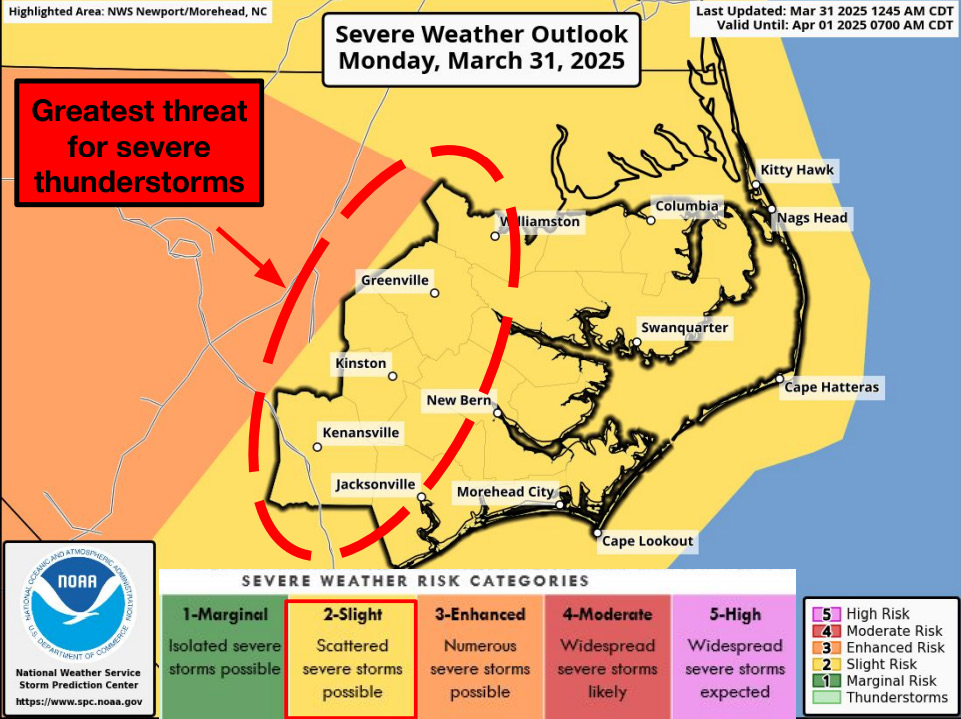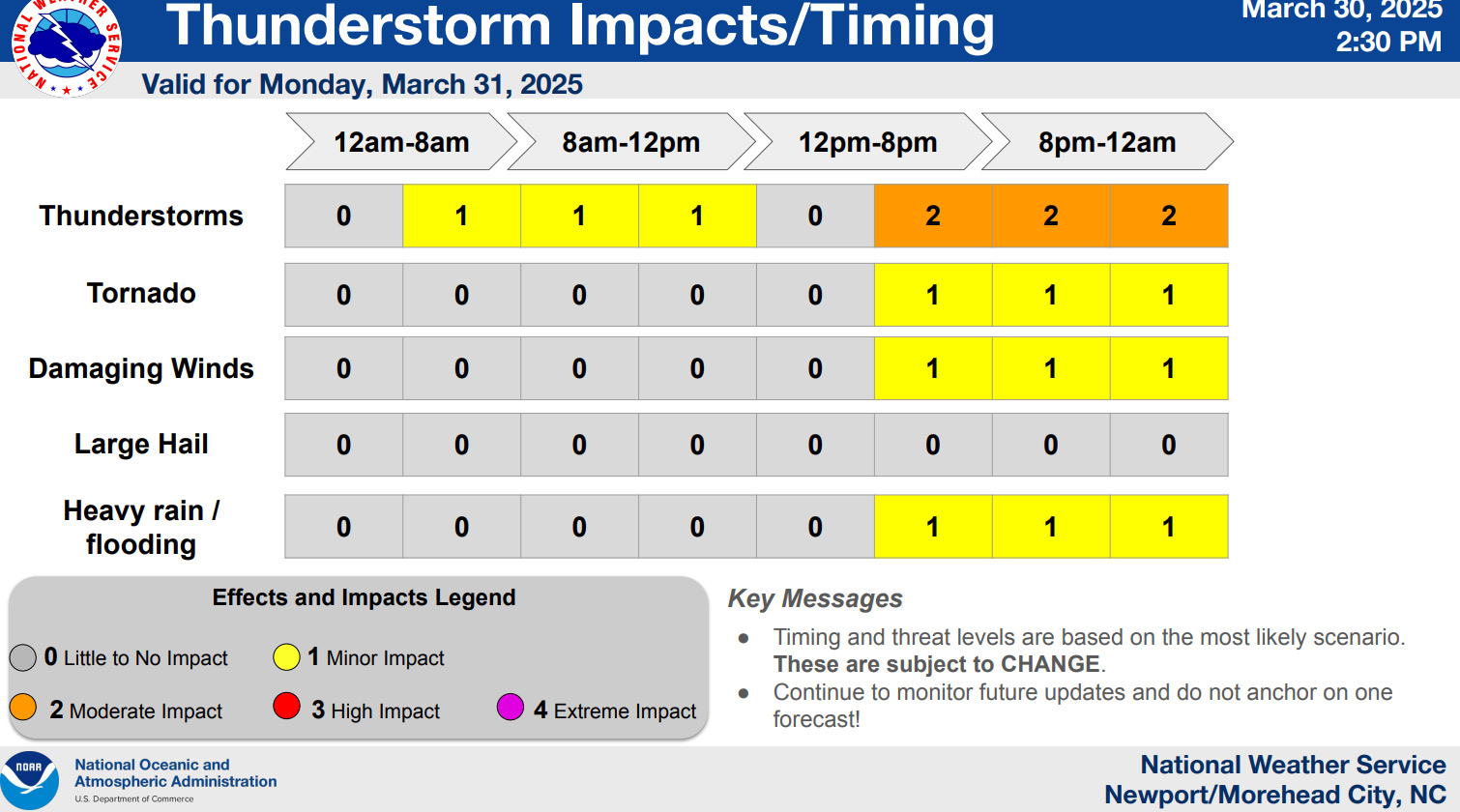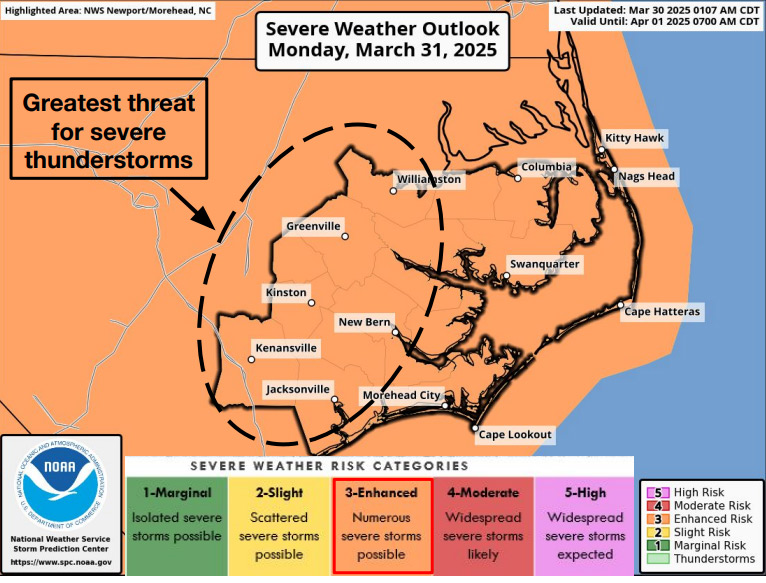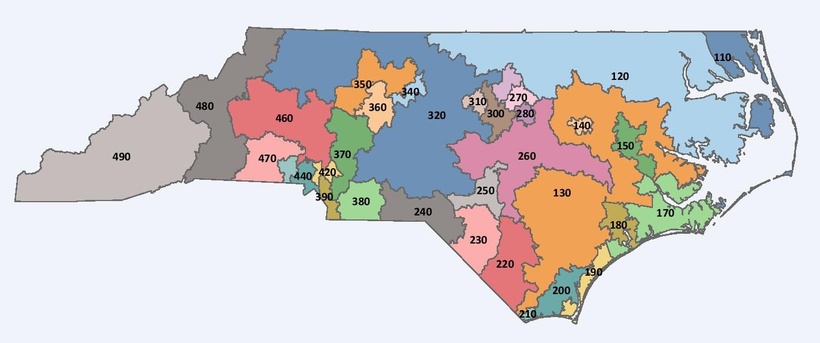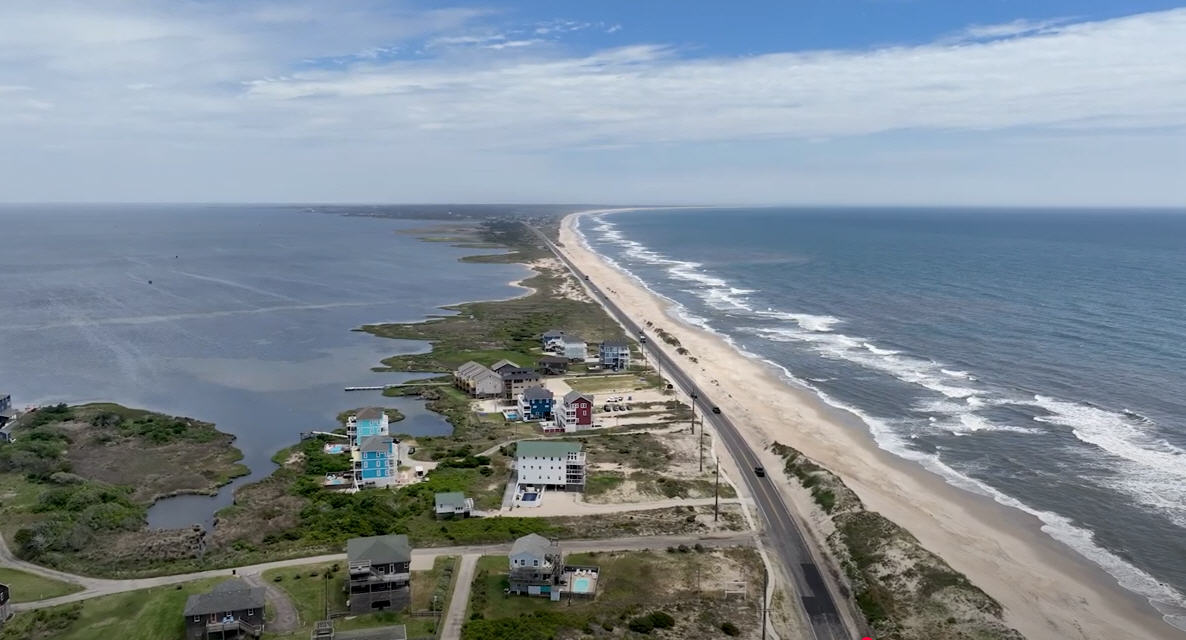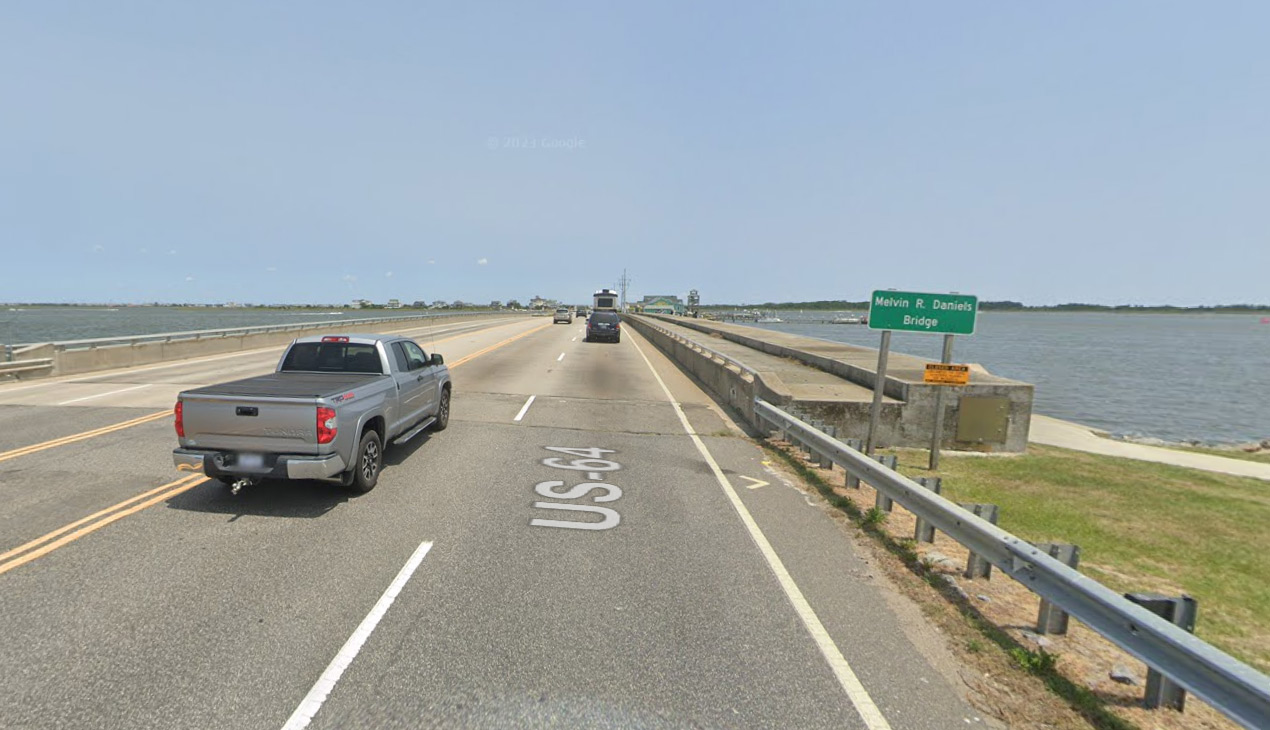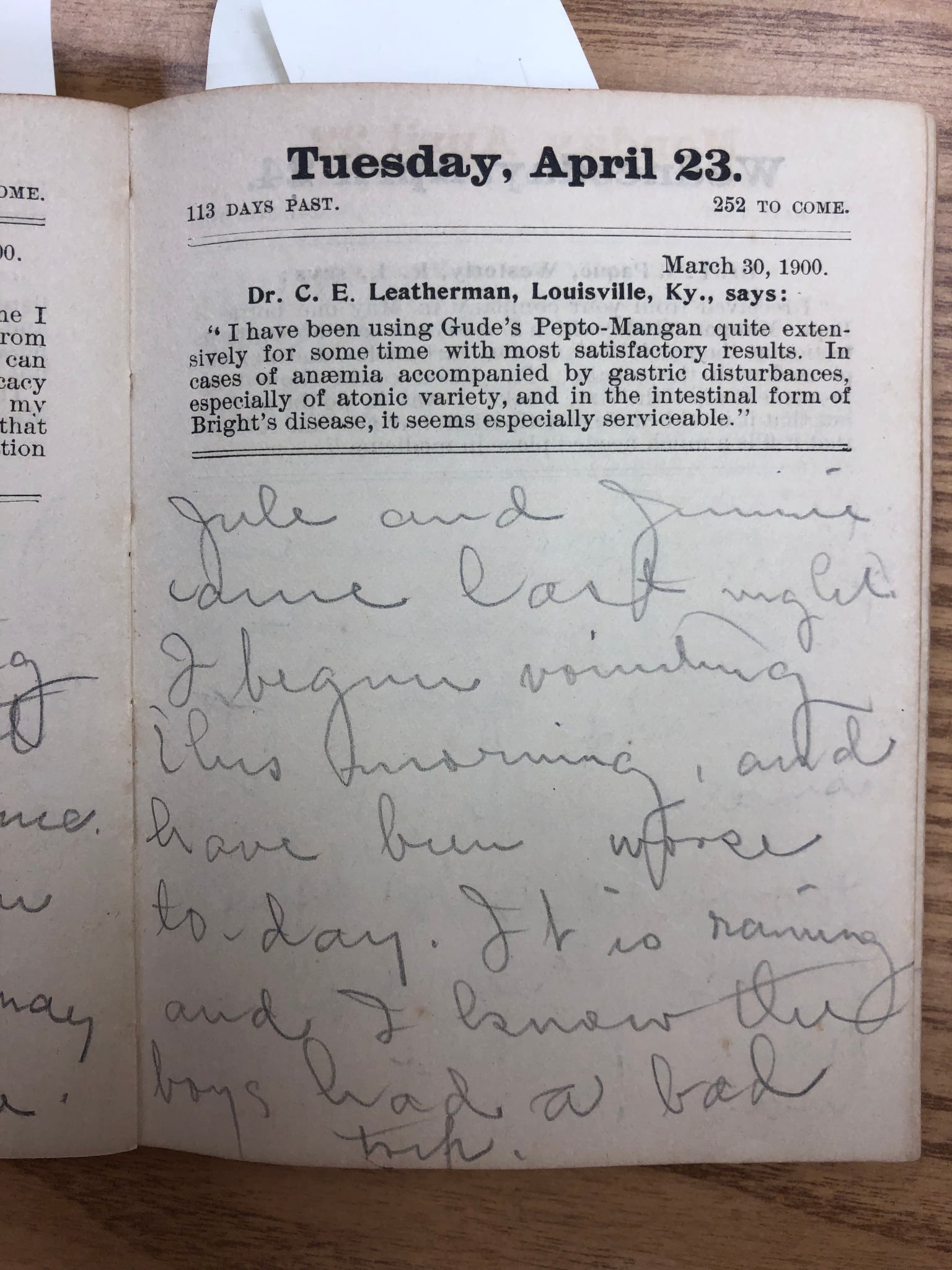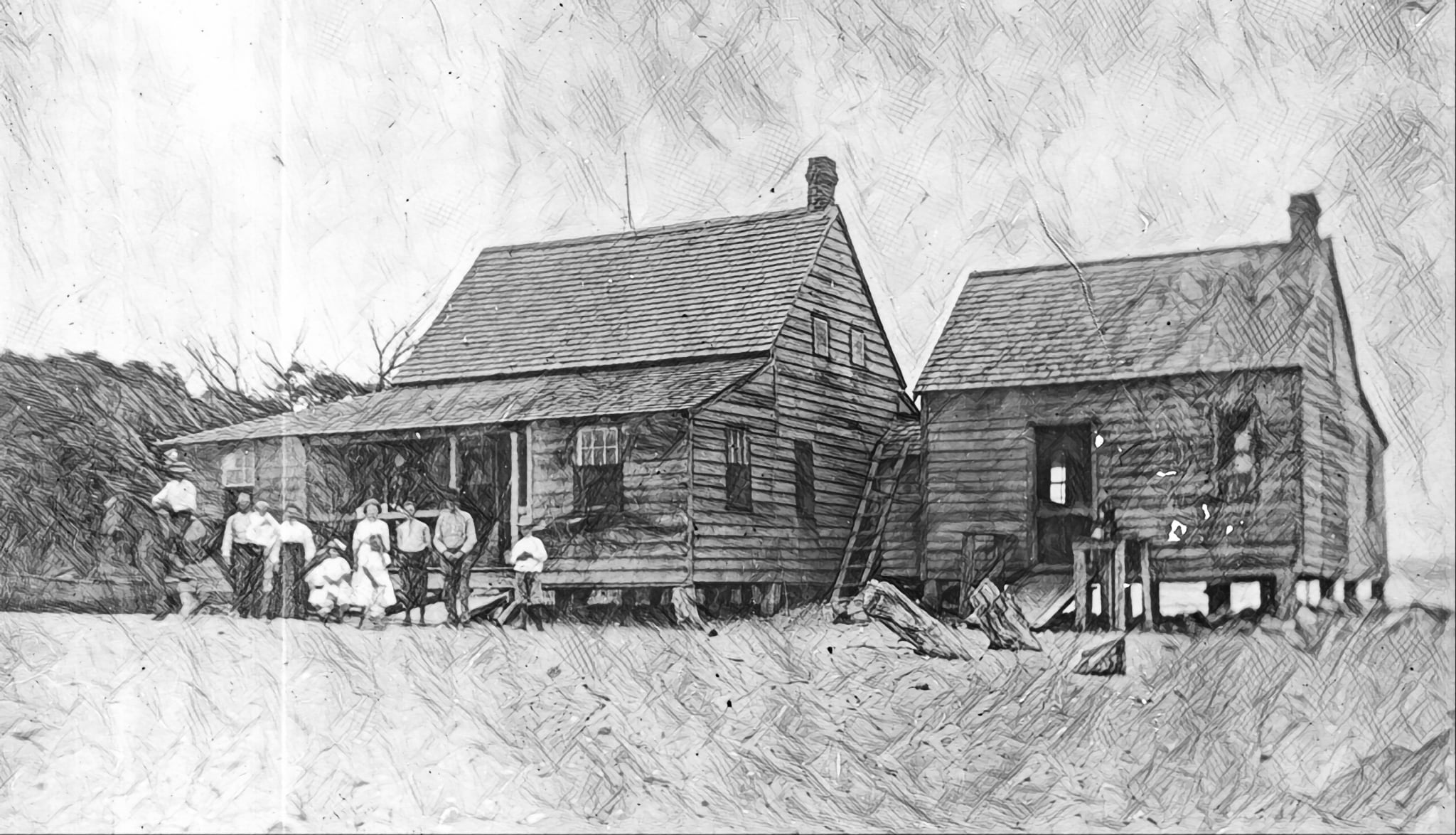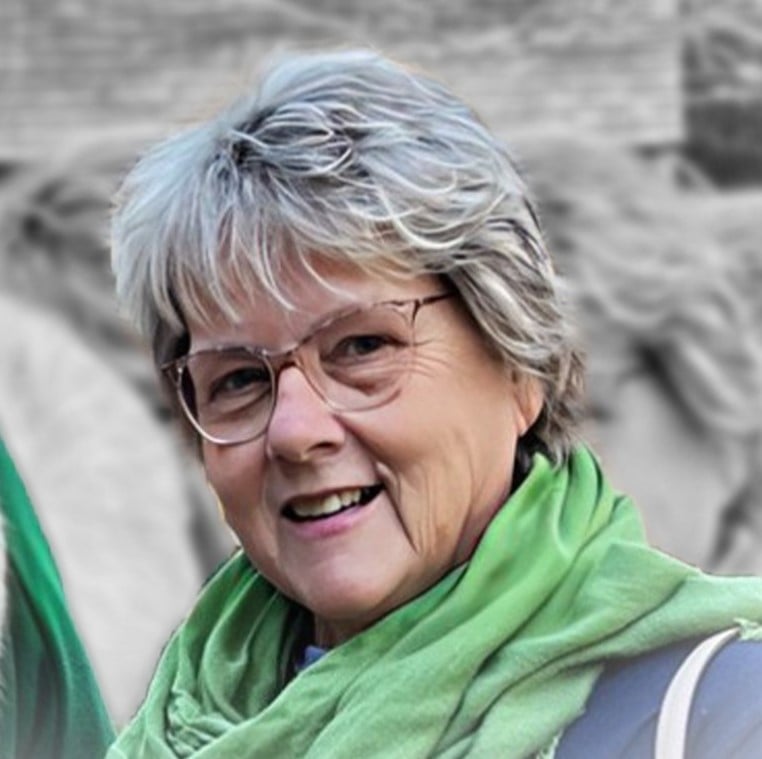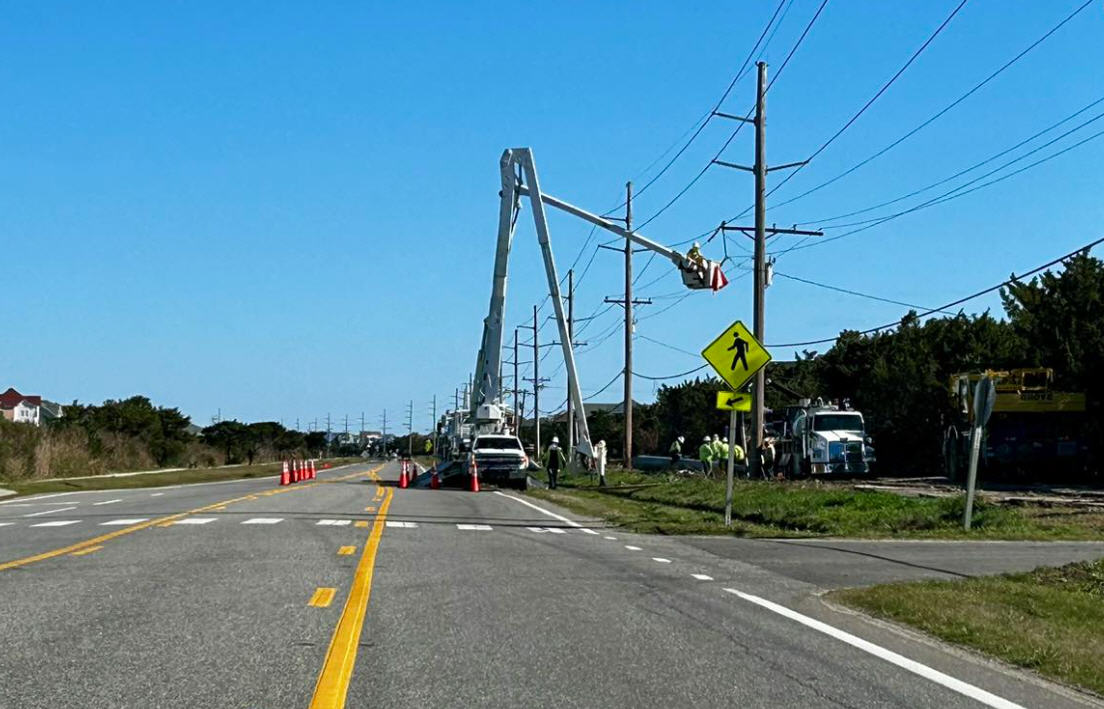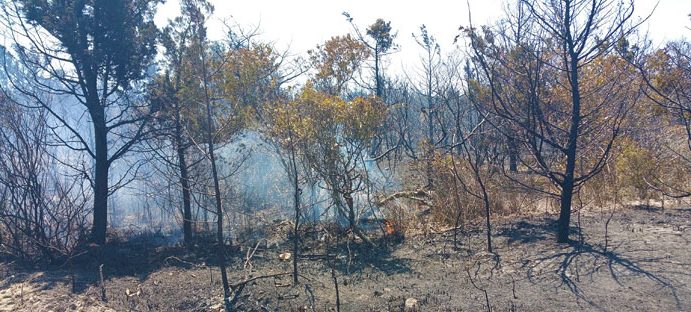Battle for the Atlantic: Offshore drilling foes gear up for another fight
The reaction was swift and loud on the Outer Banks and along parts of the Atlantic coast last week after the Department of the Interior’s announcement that a 45-day public comment period had started for the Trump Administration’s new five-year offshore oil and gas leasing program.
And advocates say they are gearing up to fight what one organizer called “the battle for the Atlantic” — a war that appeared to have been won last year.
The federal announcement sets the stage for a multi-step plan to re-start the process of offering offshore oil and gas drilling leases in areas that include the Mid-Atlantic and South Atlantic. It follows President Trump’s Executive Order signed on April 28 paving the way for a new leasing program for the period from 2019 to 2024.
That order overturned a 2016 Obama Administration ban on such leases, a decision that followed a series of major anti-drilling protests on the Outer Banks in 2015.
“We are obviously disappointed that we have to go down this road again,” Outer Banks Surfrider Foundation Co-Chair Ivy Ingram told the Sentinel, “especially so shortly after just having been down it. This community came together once to fight it and I know we can do it again.”
“At this time we’re using social media to spread the word on the comment period,” she added. “I’m sure, as we see what lies ahead, we’ll be planning meetings and rallies.”
Referring to the Obama Administration’s decision to halt offshore drilling, Oceana Campaign Organizer Randy Sturgill said, “They heard the cries of the people and made the appropriate decision to shut it down. Now that the administration has hit the reset button, we’re starting the battle again to save the Atlantic.”
“I continue to be in strong opposition to offshore drilling in the Atlantic,” Kill Devil Hills Mayor Sheila Davies told the Sentinel. “I am committed to doing whatever I can to protect our waters, beaches and precious natural resources.”
After the 45-day comment period closes on Aug. 17, then comes the development of the Draft Proposed Program, followed by a 60-day comment period and the development of a Programmatic Environmental Impact Statement, a Proposed Program, a 90-day comment period, a Final Programmatic Environmental Impact Statement, a Final Proposed Program, a 60-day Congressional Review Period and the announcement of the 2019-2024 Program.
Bureau of Ocean Energy Management (BOEM) spokesperson Tracey Moriarty told the Sentinel that any public meetings on the issue are still a way off and will come after the creation of the Draft Proposed Program.
Back in 2015, those public meetings helped galvanize local anti-drilling protestors. In March of that year, a crowd of about 300 jammed into the Comfort Inn adjacent to the BOEM hearing at the Ramada Plaza to protest offshore energy exploration. Less than a month later, the Dare Board of Commissioners unanimously affirmed its opposition to drilling — something it had done on three prior occasions.
Then, in mid-May, an estimated 300 Outer Banks residents locked hands on the beach at Nags Head to make a statement about their opposition to offshore drilling. And, in late August, dozens of protestors gathered in Manteo to demonstrate across from the building where then Governor Pat McCrory, a supporter of offshore drilling, was holding a fundraiser.
North Carolina Coastal Federation spokesman Mike Giles ticked off some statistics to describe the breadth of opposition to drilling. “The majority of governors along the Atlantic Coast, over 125 municipalities, 500,000 fishing families and over 41,000 businesses have overwhelmingly voiced their opposition,” he said. “The past administration listened to those concerns and now it is time for this administration to do the same and protect our valuable natural assets.”
Surfrider Foundation Co-Chair Matt Walker asserted that the arguments are even clearer now than they were the last time around, with the new administration “not even offering revenue sharing” while asking coastal communities to put “years of billion dollar tourism revenue” on the line.
Noting that the process is a “marathon,” Walker said, “The important thing for people to know is the need to voice your concerns now and keep on voicing your concerns.” Promising much more action to come, he acknowledged that, “We’re just getting our head back in the game.”
Sturgill, of Oceana, said he has already begun meeting with concerned residents in Brunswick, Carteret and New Hanover Counties, assisting them with organizing new groups to mobilize against offshore drilling. He also has organizational meetings set for Greenville and multiple locations on the Outer Banks, including Ocracoke Island.
“The situation now is different from before, when we had to start from scratch,” he said. “This time there are so many left over from the fight from the last five years. And they’re ready to join in and be a part of the battle for the Atlantic.”
To submit comments via the Internet, go to www.regulations.gov. Mailed comments should be sent to Ms. Kelly Hammerle, National Program Manager, BOEM, 45600 Woodland Road, Mailstop VAM-LD Sterling, VA 20166.




